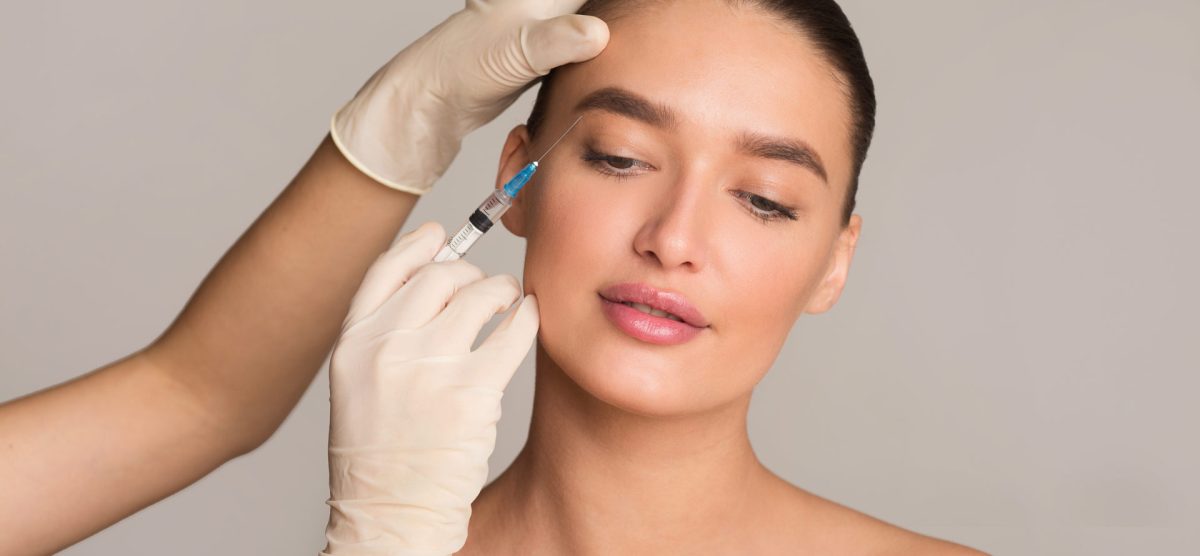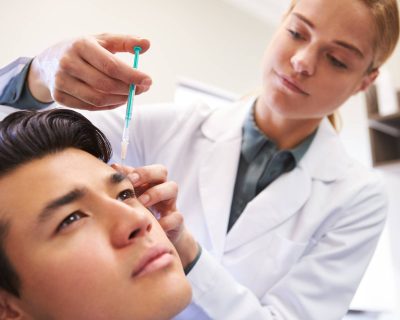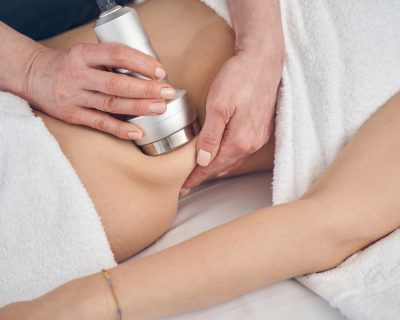Blog

Long Term Cares After Getting A Botox
Botox has proven to be one of the best treatments for reversing the signs of old age made evident by wrinkles and fine lines on the face. It helps to minimize or eliminate the appearance of wrinkles and lines. Botox is a cosmetic procedure that is widely accepted as a safe and effective treatment for aging signs.
However, certain instructions must be adhered to if you’re looking to get Botox injections. If you desire the long-term effects of Botox, you need to follow some tips for the lasting effects of the procedure. Here are 5 long-term cares after getting a Botox for the longer-lasting youthful look:
1. Avoid the Sun and Heat
It is usually advised that you keep the sun out in the first 4 hours after receiving Botox. The reason is that exposure to the sun can result in increased blood pressure and bruising. However, this long-term care includes wearing a hat or using sunscreen to keep the sun out, even long after you have received Botox. Other things that can cause high blood pressure and bruising that you should avoid include tanning beds, hot showers, and hot tubs.
2. Avoid Sleeping Facedown
If you want long-lasting effects of Botox, do not sleep facedown, especially if you had a Botox treatment on your face. Sleeping facedown will put pressure on the treated area. Even after a long time of receiving Botox, try to sleep on your back most of the time to reduce the pressure on the facial muscles.
3. Do Not Undergo Other Facial Treatments
As long as you have Botox injection in your face, it would help to avoid other facial treatments, such as facials and exfoliating scrubs. The treatments can displace Botox from their injected spots. This may cause bruising if other facial treatments are undertaken.
4. Do Not Massage or Rub The Treated Areas
Another long-term care after taking Botox is to avoid massaging and rubbing the treated area. If you got Botox on your face, you may feel an itching or tingling sensation. However, you should avoid massaging or rubbing the face or other injected areas. Applying pressure on the treated areas will displace the Botox and move the toxins to another area.
5. Be Mindful of Certain Medications
Certain medications, especially those that thin the blood, should be avoided most of the time. When you go for treatment in a hospital, ask how the prescribed medicine will interact with your Botox or affect its results.






